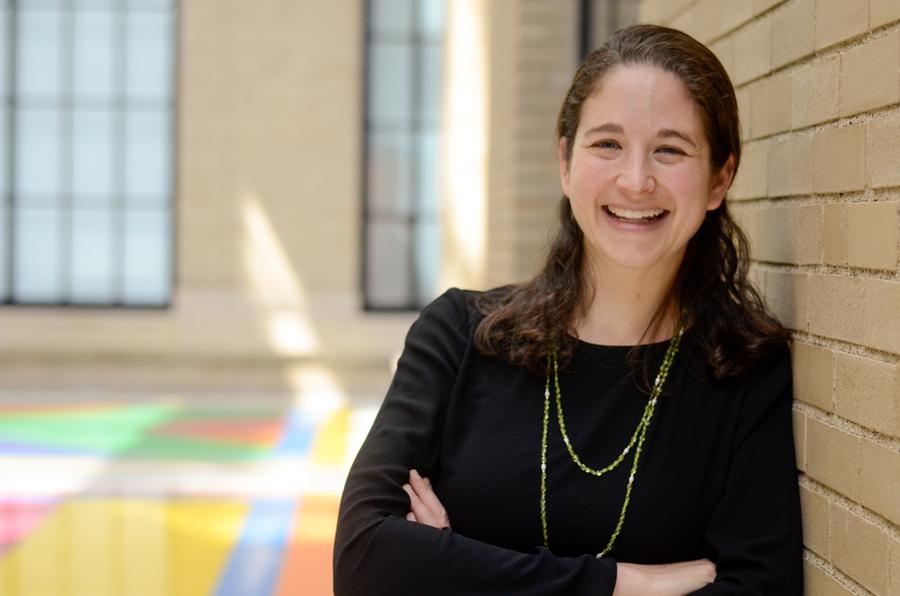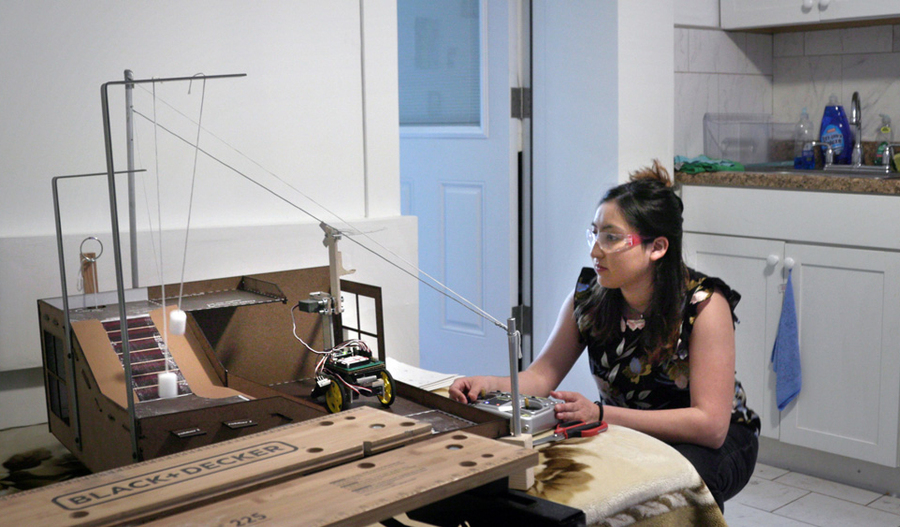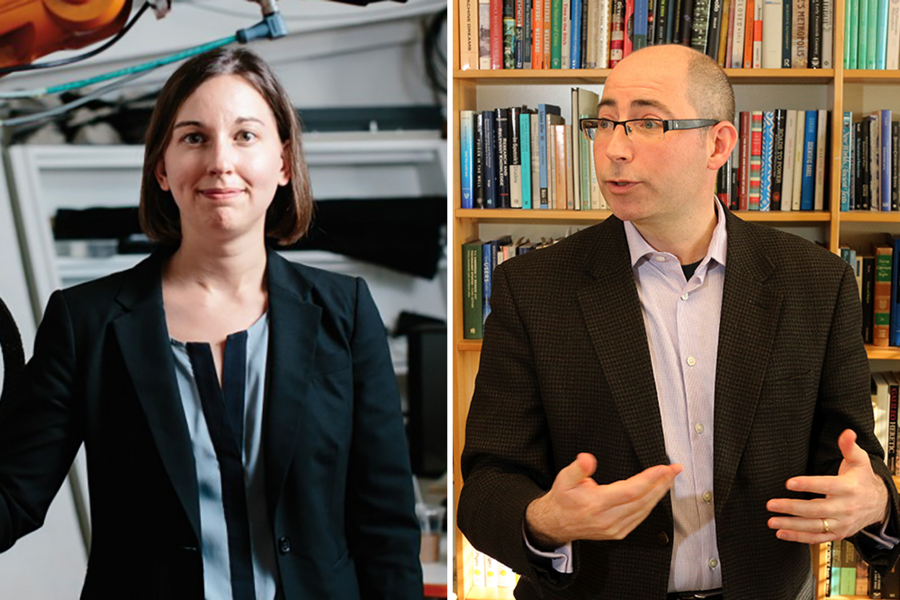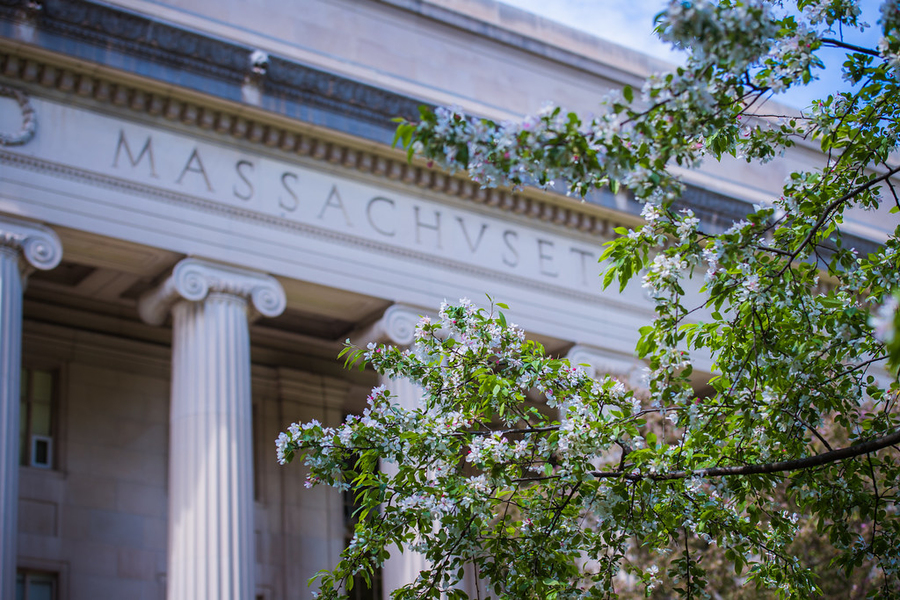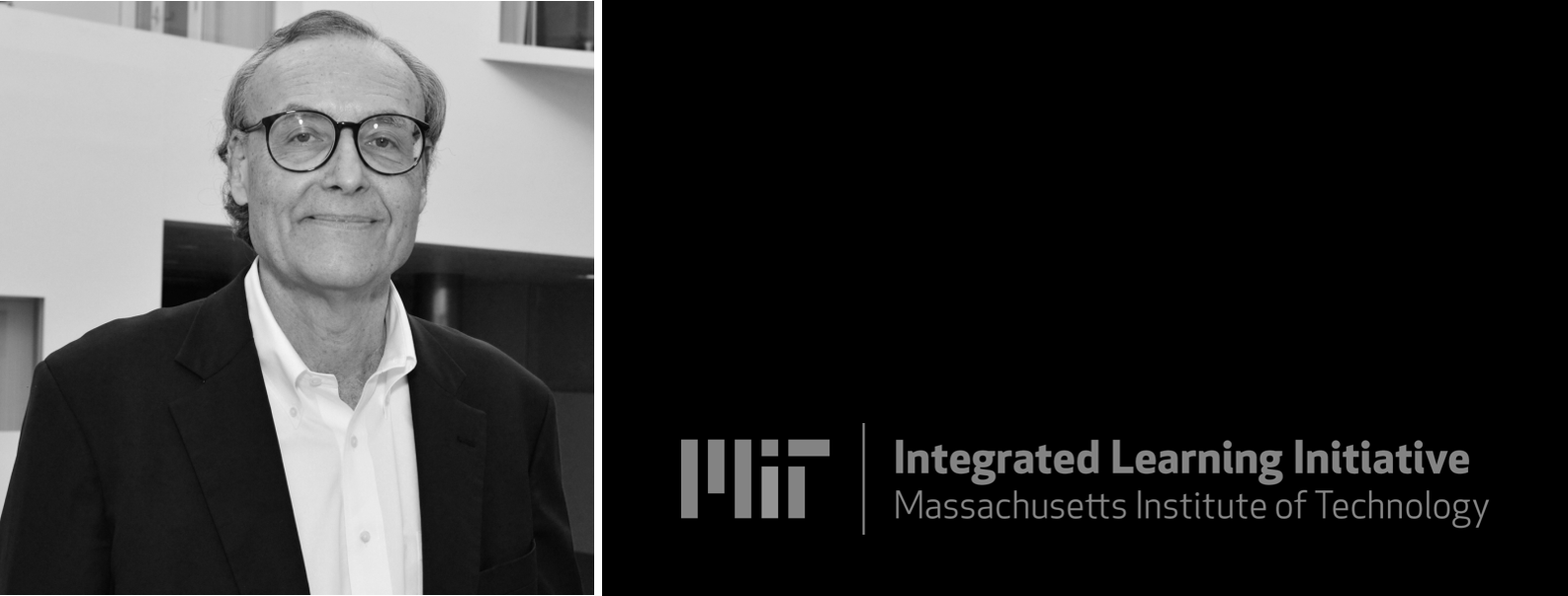MIT associate professor Justin Reich discusses a report he has co-authored addressing the stated needs of K-12 students as they go back to school for the 2021-22 academic year. “Everyone has been having a different pandemic - the things that worked well for some students worked terribly for others.”
News
Congratulations Elsa Olivetti! “Professor Olivetti’s dedication to teaching is truly inspiring,” says MIT’s Chandrakasan. “She has an extraordinary ability to engage her students, and has developed transformational approaches to curriculum and mentoring.”
In spring 2021, each student in course 2.007 (Design and Manufacturing I) was shipped a special game board for their robot to compete on. The pandemic had disrupted one of MIT’s many traditions – but hadn’t dampened spirits.
Over the past academic year, several faculty members created and incorporated new social and ethical responsibilities of computing (SERC) materials for their respective courses, which was a direct result of their work in recent Action Groups for Active Learning Projects.
“In contrast to the night sleep intervention, we find clear evidence of naps improving a range of outcomes, including their productivity, their cognitive function, and their psychological well-being, as well as some evidence on savings,” Schilbach says.
When families increase dialogue between children and adults, children’s cognitive skills improve quickly as language-processing parts of the brain grow.
“I began to grasp the importance of knowing more than just the facts,” says Mussie Demisse of the journey that led him to study at MIT after discovering OpenCourseWare.
MIT’s Jeff Dieffenbach discusses ways to mitigate the effect of classroom research on pK-12 students. EdSurge writes about how control groups are still receiving valuable instruction as part of our research.
This June, 23 faculty and instructors from over a dozen departments, labs, and centers across MIT were honored with Teaching with Digital Technology Awards in an online celebration hosted by the Office of Open Learning.
MIT neuroscientist receives Samuel Torrey Orton Award for his contributions to dyslexia research

